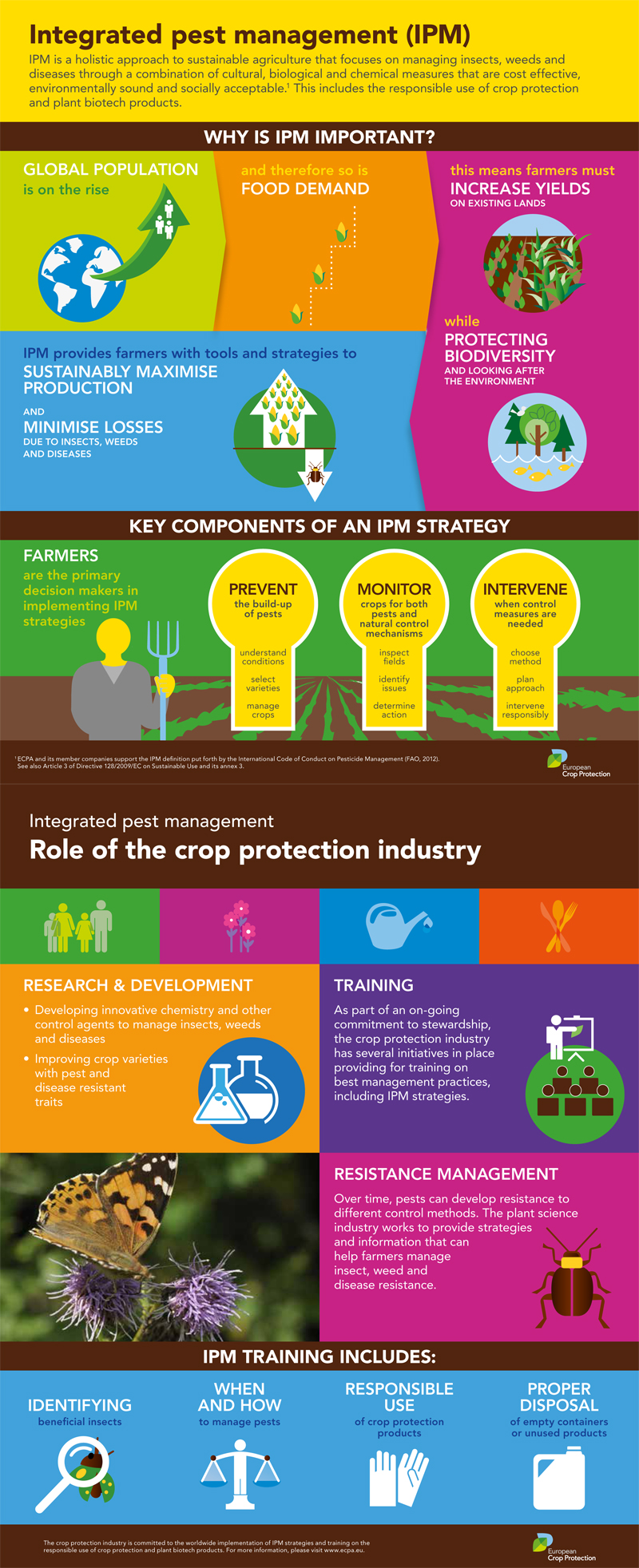Securing Your Garden From Pests: Strategies For A Pest-Free Outdoor Area
Securing Your Garden From Pests: Strategies For A Pest-Free Outdoor Area
Blog Article
Web Content Author-Shaffer Hartvig
Visualize your yard as a sanctuary, an area of tranquility and charm. Nevertheless, the best bed bug killer of outside pests can rapidly disrupt this idyllic picture. Suppose there were straightforward yet effective methods to keep these unwanted site visitors away and secure your yard sanctuary? By complying with a few functional tips and implementing all-natural techniques, you can produce a harmonious exterior room where your plants can prosper undisturbed.
Natural Insect Deterrents
To maintain bugs away from your yard normally, plant aromatic natural herbs like mint and lavender. These great smelling plants not only add beauty to your yard but additionally act as reliable pest deterrents. Parasites like mosquitoes, flies, and even some garden-damaging bugs are pushed back by the strong fragrances discharged by these herbs. Just putting them purposefully around your yard can aid create a natural barrier against undesirable bugs.
Along with mint and lavender, think about growing other natural herbs like rosemary, basil, and lemongrass to further enhance your yard's pest-proofing capacities. These herbs not only work as all-natural repellents yet likewise have the added advantage of being useful in cooking or crafting home made treatments.
Strategic Plant Positioning
Think about the format of your yard and the types of plants you need to strategically place them for maximum pest-proofing efficiency.
Beginning by organizing plants with comparable resistance to parasites with each other. By doing this, you can develop an all-natural barrier that deters parasites from spreading out throughout your garden.
Additionally, positioning pest-repelling plants like marigolds, lavender, or mint near even more vulnerable plants can assist protect them. High plants, such as sunflowers or corn, can serve as a shield for shorter plants against pests like bunnies or ground-dwelling bugs.
Remember to leave sufficient room between plants to enhance air circulation and minimize the risk of diseases that pests may carry.
In addition, consider planting strong-smelling natural herbs like rosemary or basil near susceptible plants to confuse bugs' senses and make it harder for them to situate their targets.
Efficient Pest Control Approaches
For combating garden bugs successfully, carrying out a multi-faceted bug control approach is important. Beginning by encouraging natural predators like birds, ladybugs, and hoping mantises to help maintain bug populations in check. Introducing plants that bring in these helpful pests can assist in pest control. Additionally, exercising good yard health by removing debris and weeds where pests might conceal can make your garden much less friendly to undesirable site visitors.
Think about using physical obstacles such as row cover materials or netting to secure vulnerable plants from bugs like caterpillars and birds. Applying natural chemicals like neem oil or insecticidal soap can additionally work against particular insects while being less harmful to helpful insects and the environment. It's crucial to rotate your plants each period to prevent the buildup of bug populations that target specific plants.
Regularly examine bee removal near me for indicators of bug damages so you can act quickly. By combining these methods and staying vigilant, you can properly control yard pests and enjoy a thriving, pest-free garden.
Verdict
So, there you have it - with the appropriate strategies, you can keep pesky exterior parasites far from your yard and assist your plants flourish.
Did https://laneqlfzt.spintheblog.com/27446779/eco-conscious-insect-control-sustainable-solutions-for-a-pest-free-home know that planting mint has been revealed to ward off mosquitoes and other pests, minimizing the need for hazardous pesticides by up to 60%?
By integrating all-natural deterrents and wise planting strategies, you can develop an attractive and pest-resistant garden sanctuary for you to enjoy.
